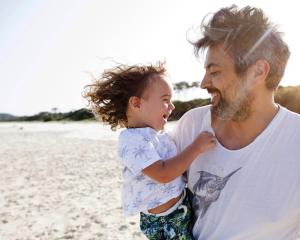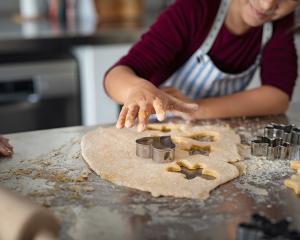

The continuous contact and more leisurely pace of life exposed this deficit that seems to have gone unnoticed in the normal, hurly-burly of the family’s hectic existence.
It’s a world of instants and I think it’s an issue that goes way beyond this particular bubble. People are sometimes in just too much of a hurry to be bothered with such niceties.
It’s also a reflection on the way they view others. I’ve noticed this particularly in shops.
I’ve seen some very well-heeled people whose manners in shops have been less than civil. I once intervened when it was apparent that the shop assistant was on the verge of tears. The invective that was then sprayed about before the customer stalked out was stunningly unpleasant.
As we probably often tell our children, it doesn’t cost anything to be polite.
And, as always, our own example is the key. Even requests where our youngster has no choice should begin with a "please". For example, "please clear the table". Here "please" means please be co-operative.
If said youngster doesn’t co-operate then drop the please. "I’ve asked you to clear the table. It is to be done, now."
Completing or responding to the request, gets a "thank you" even if there was some reluctance to start with. This sets the example of acknowledging a job done, a request acted upon. It reinforces co-operative behaviour.
The other angle is when a child is making a request.
"Gimme the bread" needs to be ignored. Passing the bread and saying, "Say ‘please’ next time" won’t achieve anything. The request needs to be ignored or a comment made that nothing gets passed until asked for politely.
"Dad, please pass me the bread" would then get it passed. A "thanks" should also be expected.
While it’s a useful teaching mechanism when they’re toddlers, our responding with a "say please" or "thank you" for them to parrot tends not to progress things. It becomes a fake politeness.
We should always expect our children to speak to us in a reasonably respectful manner. By that I mean not yell and scream at us for something. We can comment that other people don’t speak to us like that and neither will they.
And we need to make sure we follow the rule, too.












